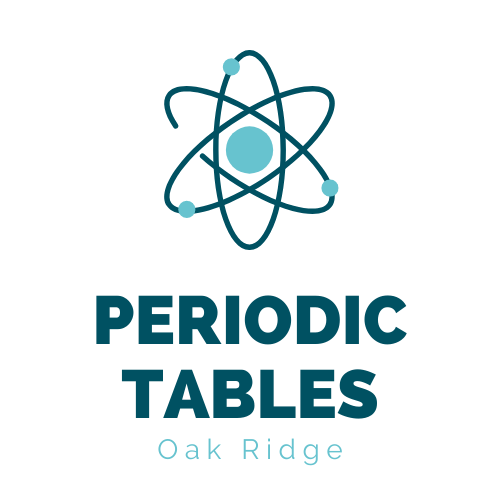Join us as we reboot post-pandemic!
Tolstoy’s novel Anna Carina has a famous quote that resonates when I think about communities: “Every happy family is alike, but each unhappy family is unhappy in its own way.” I experience life in Oak Ridge as being a mostly happy experience. I go to the park, pass my neighbors when we walk our dog, launch my boat and fish some afternoons at Clark Park, and feel the warmth of my church family each week. I suspect most people in other cities have similar experiences, maybe substituting a round of tennis for fishing, but generally, they get along well with their community. They want to read more good stories than bad in the paper. They love the idea that their community has special events even if they don’t go to very many. I suspect most people, like me, are fond of their neighbors and enjoy chatting with people they know at the gym.
I have these feelings and they’re good ones about Oak Ridge. But I’m also aware that my experience is rooted in some basic truths that I can take for granted. For example, I am a male and I have never been treated roughly by another person; I have never been stalked or cat-called or verbally accosted. Therefore, I don’t feel nervous about walking alone in the park at dusk. I’m also white and have privileges that I don’t recognize. Because I’m a typical middle class American, I haven’t needed to choose between putting gas in my car and buying milk, at least not since my college days. I generally have a favorable view of police and city government because I have regularly benefited by what they do. My list could be much longer, but you get the idea.
Provided I stay with people who look, think, and share the same experiences as me, I can maintain a kind of “homeostasis” in the way I interact with my community. Perhaps the most dissatisfaction I will know is a car with a bad muffler that just accidentally finds its way onto my street disrupting my reading. I might have opinions about retail, or the number of traffic lights in Oak Ridge, or even my property taxes, but with all of those things, I’m able to come home to a quiet neighborhood when I need to escape. Life’s pretty good for me so long as I keep things relatively the same and don’t come out of the comfort zone.
But just because that’s how life works for me, doesn’t mean everyone in my community is the same. I’ve learned this in ministry. Many people in Oak Ridge have experienced homelessness, financial shortages that impact having heat in the winter months, have physical limitations and disability which affect them daily. Others battle mental health struggles, addiction, violence, victimization, or faced prejudice. As the Tolstoy quote suggests, when faced with unhappiness or challenges, people experience unhappiness in their own ways. For many in our community, there are struggles that simply can’t be ignored or put away at night so they can rest.
To understand the experiences of my entire community is to be willing to step outside my bubble and enter spaces that are different. And perhaps the only way to experience genuine unity is to hear the stories and hold the pain of someone who has had a much different life than my own. To do that, we need spaces created to hear each other that are brave, open, and welcoming. We need to establish a covenant of listening.
There are many of us who believe that something as simple as sharing a meal can help us step outside of our normal and build a togetherness that takes our differences seriously, holding our differences with respect and understanding. Many of us have been hosting suppers on a variety of community topics and finding ways to connect and bridge differences.
Unity is very different than “sameness” because when we’re open to step outside of our boxes and hear one another’s stories, we are reminded of how much we have in common in our deepest places. Many of us believe that Oak Ridge can send a message to the world which says very clearly, “Despite our differences, we won’t be divided!” And we are working hard to those ends.
Oak Ridge is special is this regard, I believe. There is a growing openness in the “Secret City” to be vulnerable, and to share. Maybe we really are thinking about “the next 75” years and asking questions about the kind of community we want to keep building. Or maybe we recognize how much we need each other because we live so close to materials and hazards that would require us to work together in a pinch. Perhaps, whether conscious or unconscious, when we hear the emergency horn sound on the first Wednesday of every month, we know how much our neighbors mean to much, and we know that the people caring for our children or clearing our roads have been entrusted to something much larger than what other communities have to prepare for.
I’m not sure what it is exactly, but I have seen an awakening of sorts start to take hold. I believe it is worth celebrating. Would you consider joining us in conversation and bridge building through the Periodic Tables initiative?
We believe, we’re better together.
Blessings,
David
